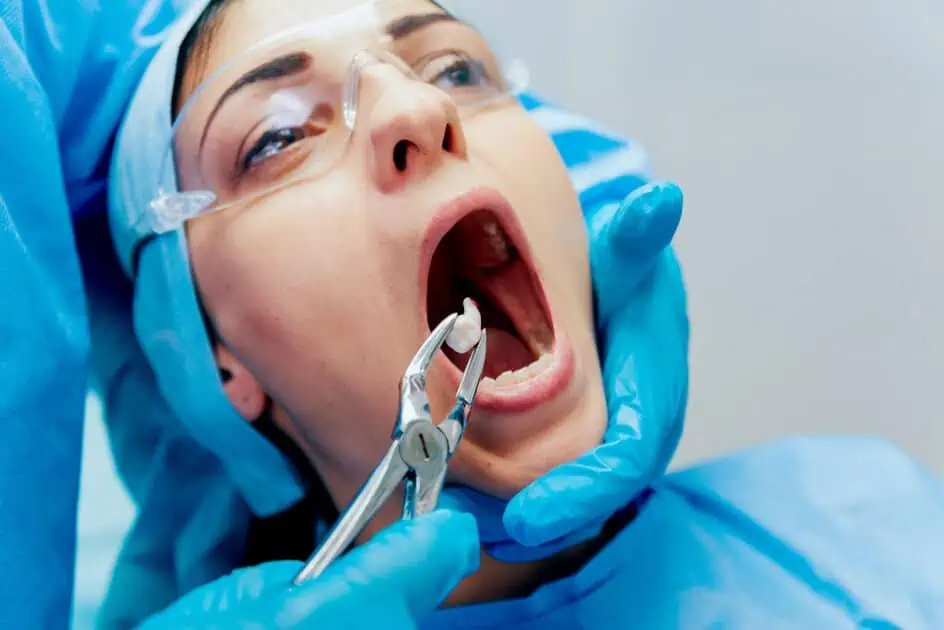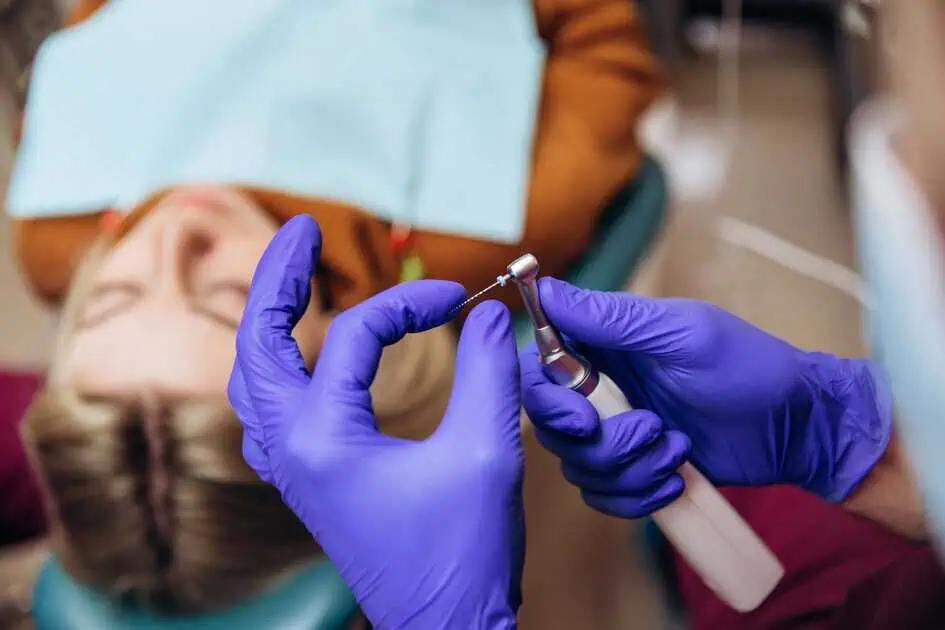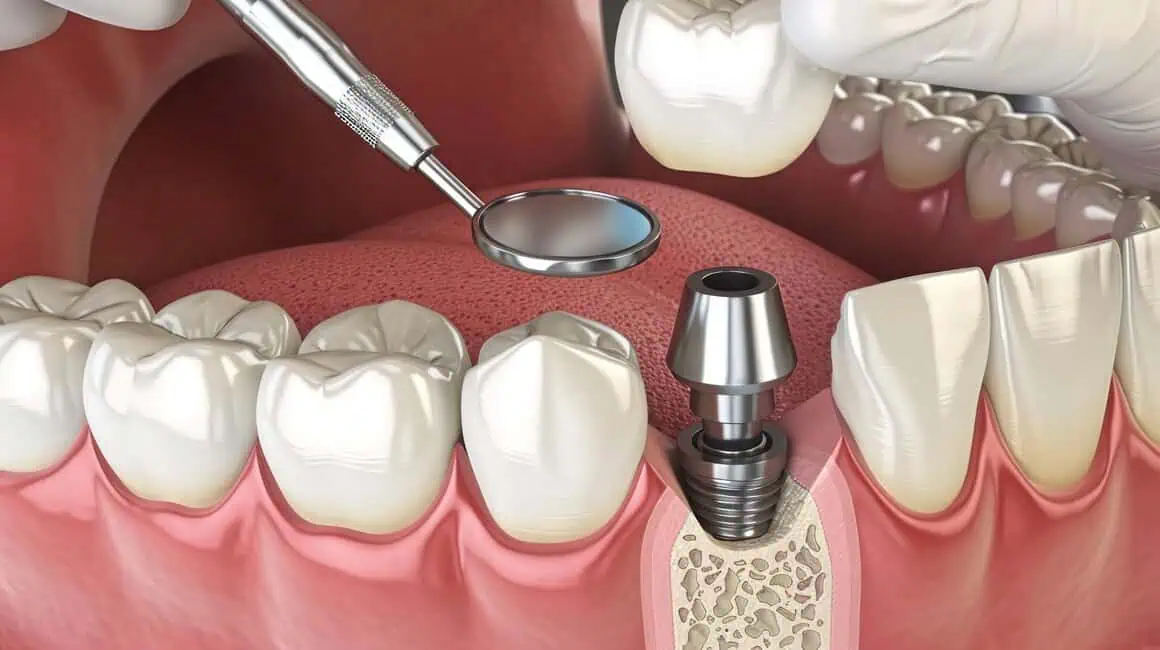Imagine the gleam of a perfect, toothy grin lighting up a child’s face. That precious smile doesn’t just happen by magic; it’s nurtured and cared for right from the first tooth’s appearance. This is where pediatric dentistry plays a crucial role in a child’s life. It’s not just about detecting cavities or promoting good oral hygiene.
Pediatric dentistry lays the groundwork for a lifetime of healthy smiles and self-confidence. Whether you’re a new parent, a seasoned guardian, or just a curious mind, the journey through pediatric dentistry can be as exciting as it is essential. Stay with us, and together, let’s explore the significance of pediatric dentistry, understand its profound impact, and discover how nurturing healthy smiles from an early age can contribute to a happier, healthier future.
Understanding Pediatric Dentistry
Pediatric dentistry, also known as pedodontics, focuses on the oral health of infants, children, adolescents, and those with special health care needs. Its importance cannot be overstated, as this field has unique dimensions that set it apart from general dentistry.
Pediatric dentists handle various dental health aspects, from preventative care, such as cleanings and fluoride treatments, to diagnosing and treating oral conditions related to childhood diseases and situations such as teething and thumb-sucking. They are also trained in treating more severe cases involving dental injuries and diseases, like tooth decay and gingivitis, which can significantly affect a child’s overall health if left untreated.
The significant difference between pediatric dentistry and general dentistry lies in their approach. Pediatric dentists focus on preventative care using methods specifically designed for children, whereas general dentists often concentrate on damage control. Pediatric dentists strive to prevent dental issues, teaching children and their parents about the importance of good oral hygiene and regular check-ups to ensure the continued health of their teeth.
Why Pediatric Dentistry is Important
Pediatric dentistry is the cornerstone of oral health from the earliest stages of life. It can be seen as a proactive approach to dental health, emphasizing prevention, education, and treatment.
1. Early Detection of Dental Issues
Pediatric dentistry is a crucial tool in the early detection of dental issues. Since children might struggle to express discomfort or understand when they have a dental problem, regular visits to a pediatric dentist ensure potential concerns such as tooth decay, gum disease, or alignment problems are identified promptly. This early detection and subsequent intervention can prevent the escalation of these issues, avoiding unnecessary pain and more invasive procedures in the future.
2. Ensuring Long-term Dental Health
Pediatric dentistry has a significant impact on long-term oral health. Studies have demonstrated that childhood oral health affects adult oral health. Early positive experiences with a pediatric dentist can establish a routine of regular dental check-ups and cultivate a positive attitude toward dental health in adulthood.
3. Link to Overall Health and Well-being
The importance of pediatric dentistry also lies in its connection to a child’s overall health and well-being. Dental problems can interfere with crucial aspects of a child’s life, including eating, speaking, concentration in school, and even their self-esteem and social interactions.
4. Fostering Good Oral Hygiene Habits
Pediatric dentists play an instrumental role in nurturing good oral hygiene habits. They guide children about the importance of brushing and flossing, teach them proper techniques, and provide tips for a tooth-friendly diet. This education equips children with the knowledge and tools to retain their oral health, leading them to a lifetime of healthy smiles.
When to Start and What to Expect
Introducing children to pediatric dentistry should occur earlier than many might think. The American Academy of Pediatric Dentistry urges that a child visit a dentist by the time their first tooth emerges or no later than their first birthday. This early start helps establish a “dental home” where all a child’s oral health needs can be met.
Routine Check-ups
Once the first visit is accomplished, regular dental check-ups are typically recommended every six months. However, this frequency may vary based on a child’s needs and risk factors. These routine visits generally include a thorough cleaning, a check for potential problems, and X-rays when necessary. To prevent cavities, the dentist may also provide additional remedies, such as fluoride varnish or dental sealants.
Managing Dental Anxiety
Many children (and adults!) experience anxiety about visiting the dentist. With their specialized training, pediatric dentists are well-equipped to make a child’s visit as comfortable as possible. They use techniques such as “tell-show-do” to explain a procedure, show how it’s done, and then perform it. Pediatric dental offices are also typically designed to be child-friendly, with bright colors and playful decor, helping children feel more at ease.
Promoting Positive Attitudes
Pediatric dentists are instrumental in fostering positive attitudes toward dental health. They educate children in an engaging and age-appropriate manner about their teeth and gums. They can make learning about oral health fun through activities, demonstrations, and sometimes games and apps.
Practical Tips for Parents
Parents play an essential role in making a child’s first dental visit successful. Start by explaining what a dentist does in simple, child-friendly language. Avoid using words that might cause undue anxiety, such as “drill,” “shot,” or “hurt.” Instead, explain that the dentist will “count,” “brush,” and “take pictures” of their teeth.
Encouraging Good Dental Hygiene at Home
Oral hygiene habits start at home. Parents should clean a child’s mouth even before the first tooth appears, using a soft cloth to wipe the gums. Once teeth appear, brush twice daily using a soft, small-bristled toothbrush and a smudge of fluoride toothpaste. As children grow older, you can gradually increase the amount of toothpaste and begin teaching them how to brush independently, under supervision.
Remember flossing, too. Commence flossing as soon as your child has two teeth that touch. As with brushing, you’ll likely have to help until they develop the necessary coordination, typically around
age 6-7.
Diet also plays a key role in dental health. Encourage a balanced, nutrient-rich diet and limit sugary snacks and drinks.
Recognizing Signs of Potential Dental Issues
Parents should be attentive to any manifestations of potential dental issues. This could include complaints of toothache, sensitivity to hot or cold, swollen or red gums, persistent bad breath, or difficulty chewing or biting. If any of these signs are seen, it’s essential to book a visit to the pediatric dentist right away.
Takeaway
Ensure your child’s smile stays bright, healthy, and beautiful. Solomon Family Dentistry is committed to providing exceptional pediatric dental care in a comfortable, child-friendly environment. With our team of skilled and compassionate professionals, we take pride in laying a solid foundation for your child’s lifelong oral health.
Don’t postpone for a toothache or a dental issue to make that first appointment. Be proactive about your child’s dental health. Make an appointment with Solomon Family Dentistry today – because every child deserves a healthy, confident, and radiant smile. Good oral health is a precious gift, and it’s never too early to start!





